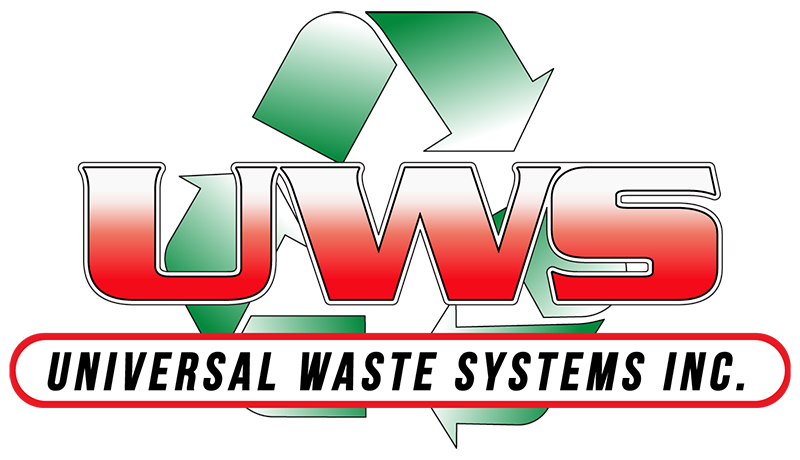Blog
What is the Importance of Efficient Trash Removal for Sustainable Urban Development
In the quest for sustainable urban development, efficient trash removal plays a pivotal role that cannot be overlooked. As cities continue to grow, the volume of waste generated increases, creating significant challenges for waste management systems. Effective trash removal not only ensures cleaner environments but also contributes to public health and the overall quality of life in urban areas. Moreover, well-implemented trash removal strategies can lead to reduced pollution, enhanced recycling efforts, and improved resource efficiency, all of which are essential for achieving sustainability goals. In this blog, we will explore the various aspects of trash removal and offer practical tips for urban planners, local governments, and residents to promote a cleaner and more sustainable future. Emphasizing the synergy between effective trash removal and urban sustainability will provide insights into how communities can thrive while minimizing their ecological footprint.

The Role of Efficient Trash Removal in Promoting Urban Sustainability
Efficient trash removal plays a crucial role in promoting urban sustainability, especially as cities face increasing population density and the challenges that come with it. Urban sanitation directly impacts public health, making effective waste management systems essential for creating healthier living environments. Recent advancements in technology, including machine learning and intelligent waste sorting, are enhancing the capacity of cities to manage their waste in a more sustainable manner. These innovations allow for better resource allocation and minimize the environmental impact of waste disposal, contributing to the overarching goals of urban sustainability.
Moreover, as cities aim to reduce their carbon footprint and embrace circular economy initiatives, efficient trash removal becomes integral to improving urban air quality and reducing pollution. Smart waste management systems, which incorporate advanced monitoring and sorting technologies, not only streamline the waste collection process but also optimize the reuse and recycling of materials. This proactive approach not only addresses immediate waste management challenges but also fosters a more resilient urban ecosystem, demonstrating that effective trash removal is key to sustainable urban development.
Key Strategies for Implementing Effective Waste Management Systems
Efficient waste management systems are crucial for sustainable urban development, as they directly impact public health and environmental quality. One key strategy is to implement a comprehensive recycling program that encourages residents and businesses to separate recyclables from general waste. By providing easily accessible bins and educating the community about the benefits of recycling, cities can significantly reduce landfill waste. Additionally, offering incentives for recycling can motivate participation and foster a culture of sustainability.
Another effective approach is to adopt technologies that streamline waste collection and processing. Smart waste bins equipped with sensors can notify collection services when they are full, optimizing collection routes and reducing operational costs. Furthermore, integrating data analytics can help urban planners identify waste generation patterns and develop tailored solutions for specific neighborhoods. By leveraging technology, cities can enhance their waste management efficiency, leading to cleaner environments and more sustainable urban living.
The Environmental Impact of Poor Trash Removal Practices
Poor trash removal practices can have severe environmental consequences, adversely affecting urban ecosystems and public health. According to a report by the World Bank, about 2.01 billion tons of solid waste are generated globally each year, with at least 33% of this not managed in an environmentally safe manner. In urban areas, inefficient waste management leads to overflowing landfills, which not only creates unsightly landscapes but also releases harmful pollutants into the soil and groundwater. The toxic leachate from these sites can contaminate waterways, impacting local flora and fauna, and further exacerbating biodiversity loss.
Moreover, inadequate trash removal often results in increased greenhouse gas emissions. The United Nations Environment Programme (UNEP) estimates that landfills contribute approximately 18% of methane emissions, a greenhouse gas significantly more potent than carbon dioxide in terms of its heat-trapping capabilities. This environmental toll from poor waste management practices highlights the urgent need for cities to adopt more efficient trash removal systems and improve recycling efforts. By investing in sustainable waste management solutions, urban areas can mitigate their environmental impact and promote healthier communities.
Innovative Technologies in Waste Collection and Sorting
In the quest for sustainable urban development, innovative technologies in waste collection and sorting play a pivotal role. Modern cities are grappling with increasing waste generation and the urgent need to minimize their environmental footprint. By integrating advanced technologies, municipalities can enhance their waste management processes, ensuring that materials are efficiently collected, sorted, and recycled. Smart bins equipped with sensors can monitor waste levels, alerting waste management services when they need emptying, thereby optimizing collection routes and reducing operational costs.
Additionally, waste sorting technologies, like automated sorting systems and AI-driven analytics, streamline the recycling process. These innovations enable the separation of different materials at a much faster rate and with greater accuracy than manual processes. By utilizing optical scanners and robotic arms, valuable resources such as plastics, metals, and paper can be extracted more effectively, thereby increasing recycling rates and decreasing landfill dependency. As cities embrace these advanced solutions, they not only improve their waste management efficiency but also contribute to a circular economy that maximizes resource recovery and minimizes waste.
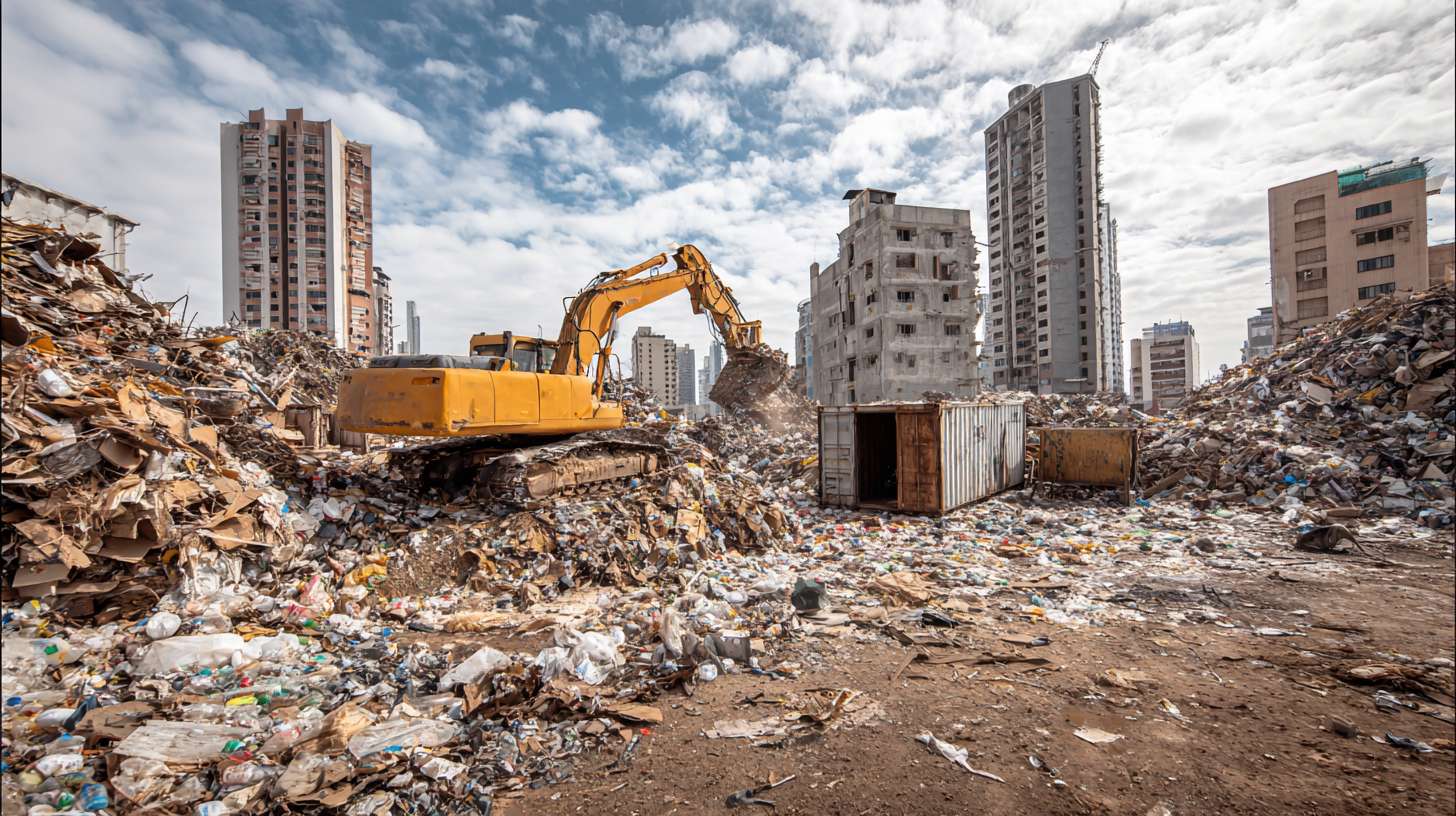
Community Engagement: Empowering Citizens for Better Waste Management
Community engagement is essential for fostering a culture of sustainable waste management within urban areas. By empowering citizens to take an active role in trash removal practices, communities can shift toward more efficient recycling and waste reduction strategies. When individuals feel a sense of ownership over their environment, they are more likely to participate in initiatives that promote cleanliness and sustainability. This involvement can manifest through local workshops, cleanup events, and educational programs that teach effective waste management techniques.
Moreover, when citizens are engaged, their feedback can play a crucial role in shaping waste management policies. Local governments should actively seek input from community members to understand their concerns and ideas regarding trash removal and recycling initiatives. Collaboration between residents and city planners can lead to innovative solutions that reflect the unique needs of the community, fostering a deeper connection to the local environment. By prioritizing community engagement in waste management efforts, cities not only enhance their sustainability goals but also cultivate a sense of responsibility and pride among residents for their shared spaces.
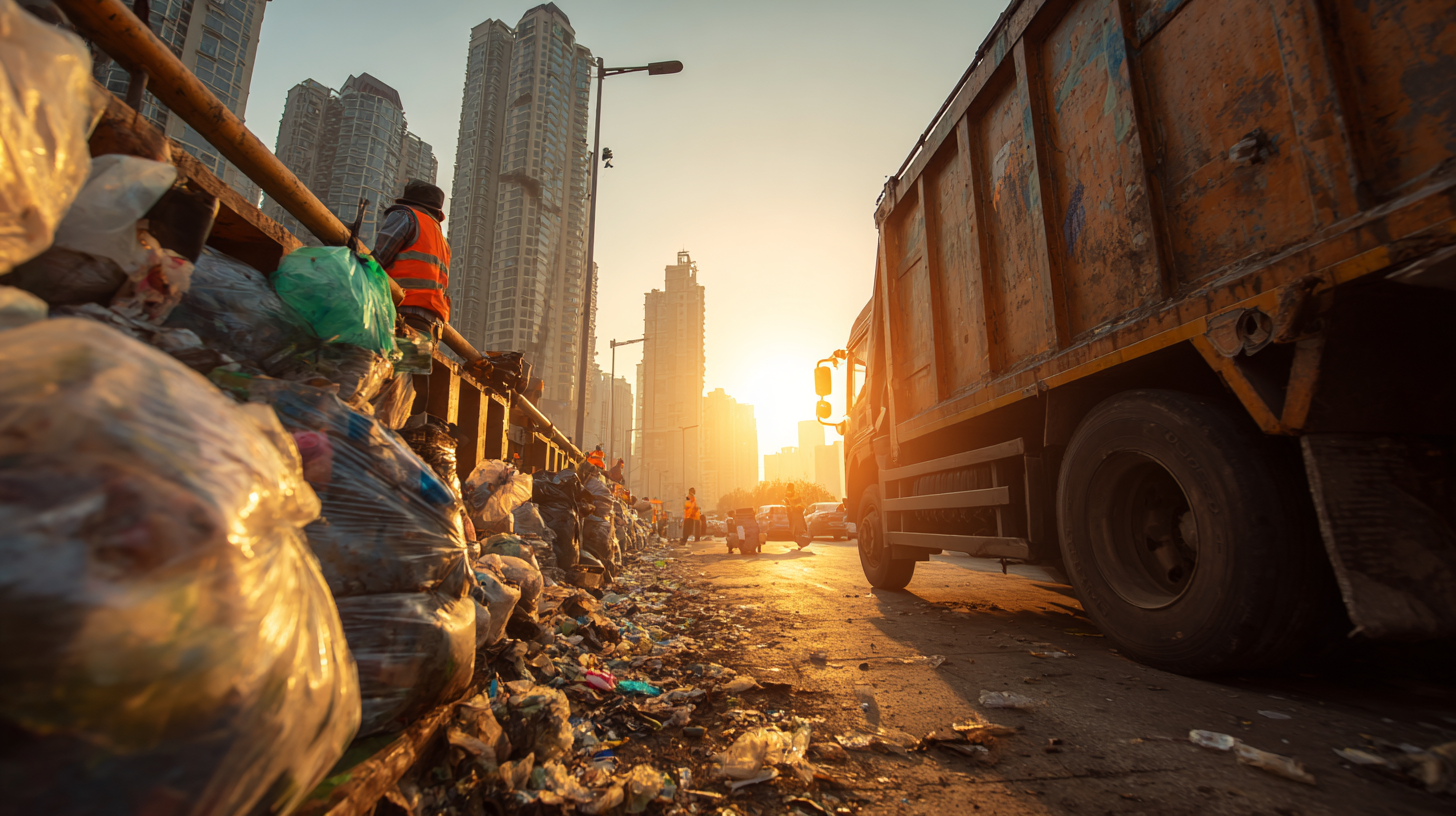
Related Posts
-
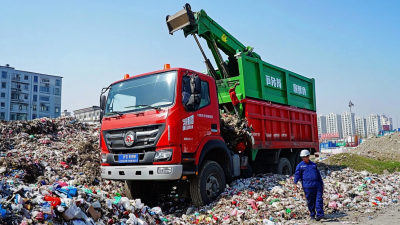
Top 10 Garbage Removal Manufacturers from China at the 137th Canton Fair
-
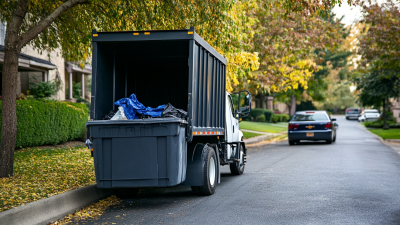
Resilient Manufacturing: How 'Best Trash Pickup' Products Thrive Amid US-China Tariff Challenges
-
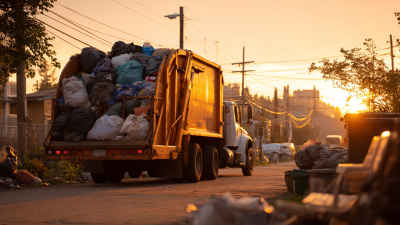
Ultimate Checklist for Finding the Best Garbage Removal Service in Your Area
-

Essential Guide to Effective Waste Management: Strategies for Optimizing Trash Pickup Efficiency
-

What is the Growing Demand for Trash Removal Services in Global Markets
-

The Ultimate Handbook for Global Buyers: Mastering Trash Disposal Solutions
Request a Quote
Fill out the form below and one of our specialists will contact you to discuss your questions and needs.
